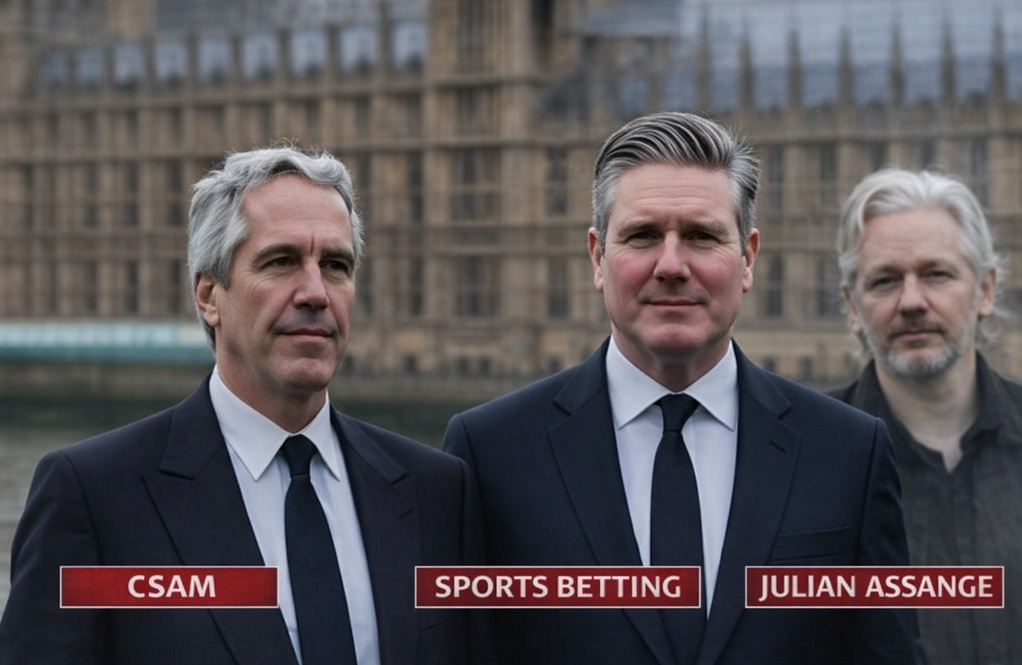Dog fighting is as secretive as it is barbaric. The people behind the illegal bloodsport carefully conceal their identities, fearful of arrest and prosecution. However, one dog fighter's IT mix-up led an undercover BBC investigation to unmask some of those involved in 'one of Europe's largest dog fighting networks'.
The BBC has tracked fighting kennels to unlikely places in the UK – from a busy housing estate to the grounds of a stately home.
A simple mis-click from one member of a top-secret online dog fighting forum exposed the brutal reality of today's dog fighting. The leak revealed graphic match reports documenting fight after fight, injured animal after injured animal. A vast haul of intelligence was quickly harvested by the animal welfare charities, the League Against Cruel Sports (LACS) and the Ulster Society for the Prevention of Cruelty to Animals (USPCA).
That was the first glimpse of a highly secretive international dog fighting syndicate - one which the BBC has spent the past six months investigating and exposing.
I can't really put into words actually, it was just golden, said Russ Middleton, a former police officer turned Head of Intelligence for LACS.
The law across the UK bans not only fighting, but also owning fighting dogs, training them to fight, trading animals and even filming fights without good reason. Following a trail of evidence hidden in pictures, posts and videos online, the BBC has been able to expose an organised network of illegal dog fighters - one that stretches from the UK, across Europe and beyond.
Dog fighting is much more common than people think, according to experienced vet David Martin who was an expert witness in previous dog fighting cases.
It is going on in probably every major town and city in the UK. It is enormous amounts of abuse and cruelty at every stage, said Mr. Martin.
The investigation found several UK-based dog fighting kennels, hiding in unlikely places. In one case, the owner of a dog who had recently killed its opponent in the pit had a kennel nestled in a busy housing estate in County Armagh.
Another kennel was found hidden in the grounds of one of Northern Ireland's most famous stately homes, Shane's Castle Estate. The USPCA and LACS have identified Boneyard Kennels as one of the UK's most significant dog fighters, linked to a man named David Patterson, a mixed-martial arts coach.
The BBC identified Patterson through a trail of videos and posts online. He denied participating in dog fighting and stated he often looks after dogs for others.
One critical success of the investigation was the infiltration of the online platforms where the dogfighting community communicates. Posing as a dog fighter, a BBC journalist met with members of the syndicate and obtained further evidence.
Zoltan Borbe, known by the alias NFK Kennels, was filmed discussing his fighting dogs, boasting about a 'grand champion female' he had for sale. Later, he denied involvement in dog fighting. The investigation also revealed connections to other individuals known to be part of the network.
With such an underground network in place, the secrecy means that few animals are rescued, and those who are often risk being euthanized. However, some, like Ruby, the pit bull, are placed in rehabilitation centers in hopes of recovery.
As this investigation continues, pressure mounts on authorities to crack down on these networks and protect vulnerable animals from the horrors of fighting.



















